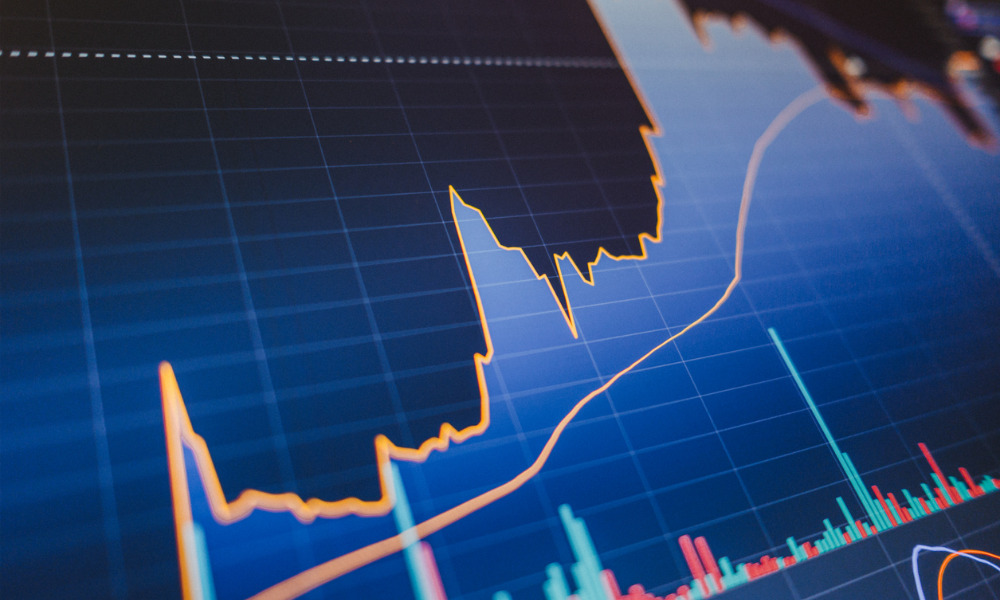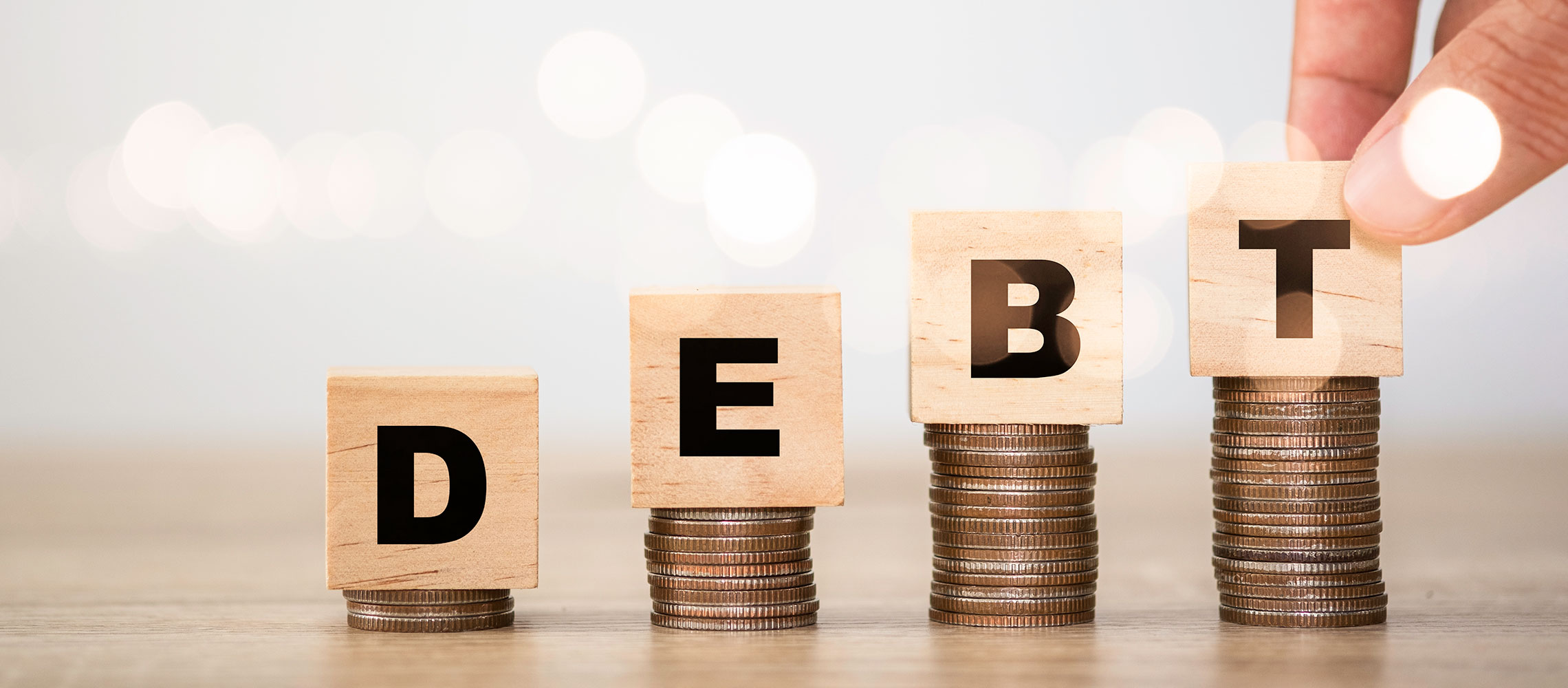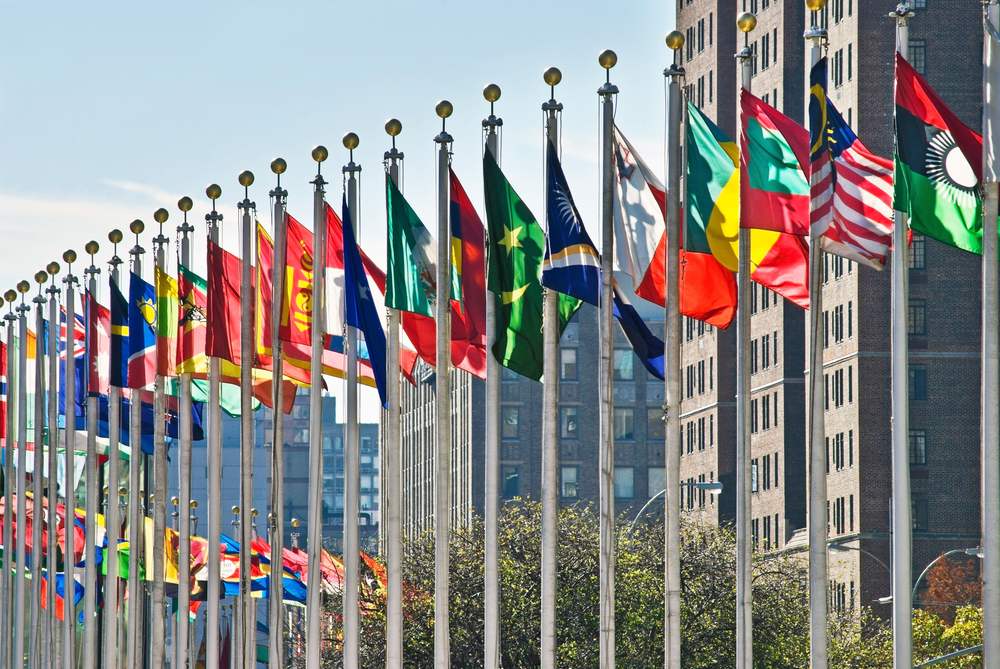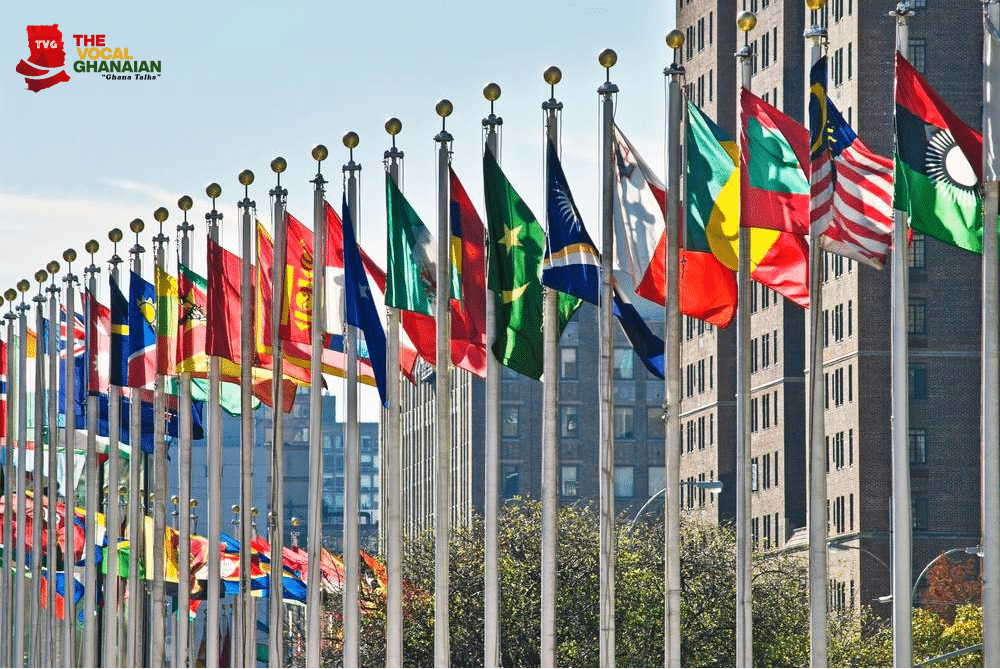The world economy stands at a crossroads. Like a ship caught in a churning sea, it navigates uncharted waters, buffeted by the winds of change.
The lingering effects of the pandemic, the ever-present threat of climate change, and the ever-escalating geopolitical tensions have created a landscape of challenges and opportunities that demand careful consideration.
Global Growth: A Slowing Engine
Global economic growth, once a roaring engine, has begun to sputter and slow. The International Monetary Fund (IMF) predicts a mere 3.2% growth for 2023, a far cry from the robust 6.1% witnessed in 2021. This slowdown can be attributed to a confluence of factors, each acting like a drag on the global economic engine.
- Rising Inflation, a spectre haunting economies worldwide, has reached multi-decade highs. Imagine paying a dollar more for bread one week and two dollars more the next. This relentless price hike erodes purchasing power and dampens consumer spending, ultimately impacting businesses and hindering economic growth.

- Tightening Monetary Policy: Central banks, in a bid to tame the inflation beast, have unleashed a weapon – rising interest rates. But like a double-edged sword, this weapon cuts both ways. While it may slow down inflation, it also increases borrowing costs, making it more difficult for businesses to invest and expand.
- Geopolitical tensions, like dark clouds brewing on the horizon, threaten to unleash economic storms. The war in Ukraine, a devastating conflict with global repercussions, has disrupted supply chains and sent energy prices soaring. Imagine the impact on businesses that rely on imported materials or fuel to operate. This disruption and uncertainty further dampen economic activity.
Emerging Economies: Facing Headwinds
While the global economy faces headwinds, emerging markets find themselves in particularly choppy waters. Imagine a small boat struggling against a powerful current.
These economies grapple with a unique set of challenges, including currency depreciation, debt vulnerabilities, and social unrest.
- Currency Depreciation: Rising interest rates in developed nations have led investors to seek safer havens, causing capital to flee emerging markets. This capital flight weakens their currencies, making it harder for them to import goods and services, ultimately fuelling inflation and straining their finances.
- Debt Vulnerabilities: Many emerging markets are burdened by a mountain of debt, accumulated over years of rapid growth. With rising interest rates, servicing this debt becomes increasingly difficult, further hindering their economic progress. Imagine a nation struggling to repay its loans, forced to make difficult choices between essential services and debt repayment.

- Social Unrest: Economic hardship, a bitter fruit borne from these challenges, can sow the seeds of social unrest and political instability. Imagine protests erupting on the streets, fuelled by the frustration of rising prices and dwindling opportunities. This instability further disrupts the economic landscape, creating a vicious cycle of hardship and unrest.
Digitalisation: A Beacon of Hope
But amidst the gloom, a beacon of hope shines: digitalization. Like a lighthouse in the storm, it guides the way towards a more prosperous future.
The digital revolution continues to transform industries, creating new opportunities for growth and innovation.
- E-Commerce: Imagine a bustling online marketplace where people buy and sell goods and services with just a few clicks. This burgeoning e-commerce sector is not only fuelling economic activity but also creating new jobs and opportunities.

- Fintech: Fintech companies, like nimble financial wizards, are providing innovative solutions for financial inclusion. Imagine individuals in remote villages accessing banking services and credit through their mobile phones. This empowers individuals and communities, fostering economic participation and growth.
- The gig economy, once a fringe phenomenon, is now a mainstream reality. Imagine people having the flexibility to choose their work and earn an income on their own terms. This shift in work culture offers opportunities for individuals and businesses alike, adapting to the changing needs of the economy.
The Role of Governments: Investing in the Future
While the challenges are formidable, the potential for progress remains. Governments, like skilled navigators, must chart a course towards a more resilient and inclusive global economy. This requires:
- Investing in infrastructure, building a robust digital backbone to support the digital revolution. Imagine a world where everyone has access to high-speed internet, enabling them to participate in the digital economy.
- Promoting innovation, creating an environment where creativity and ingenuity can flourish. Imagine entrepreneurs developing cutting-edge solutions to address the world’s most pressing challenges.

- Upskilling and reskilling the workforce, equipping individuals with the skills they need to thrive in the ever-changing world of work. Imagine a workforce that is adaptable, resilient, and ready to embrace the future.
- Strengthening social safety nets, ensuring that those most vulnerable are protected during times of economic hardship. Imagine a society where everyone has access to essential services and support, fostering stability and resilience.
A Call for Collaborative Action: The world economy, like a vast ocean, is constantly in flux. Navigating its currents and navigating its storms requires foresight, collaboration, and a commitment to building a more equitable and sustainable future. By working together, we can ensure that the ship of global economy not only survives the storm but also sails towards a brighter horizon.

